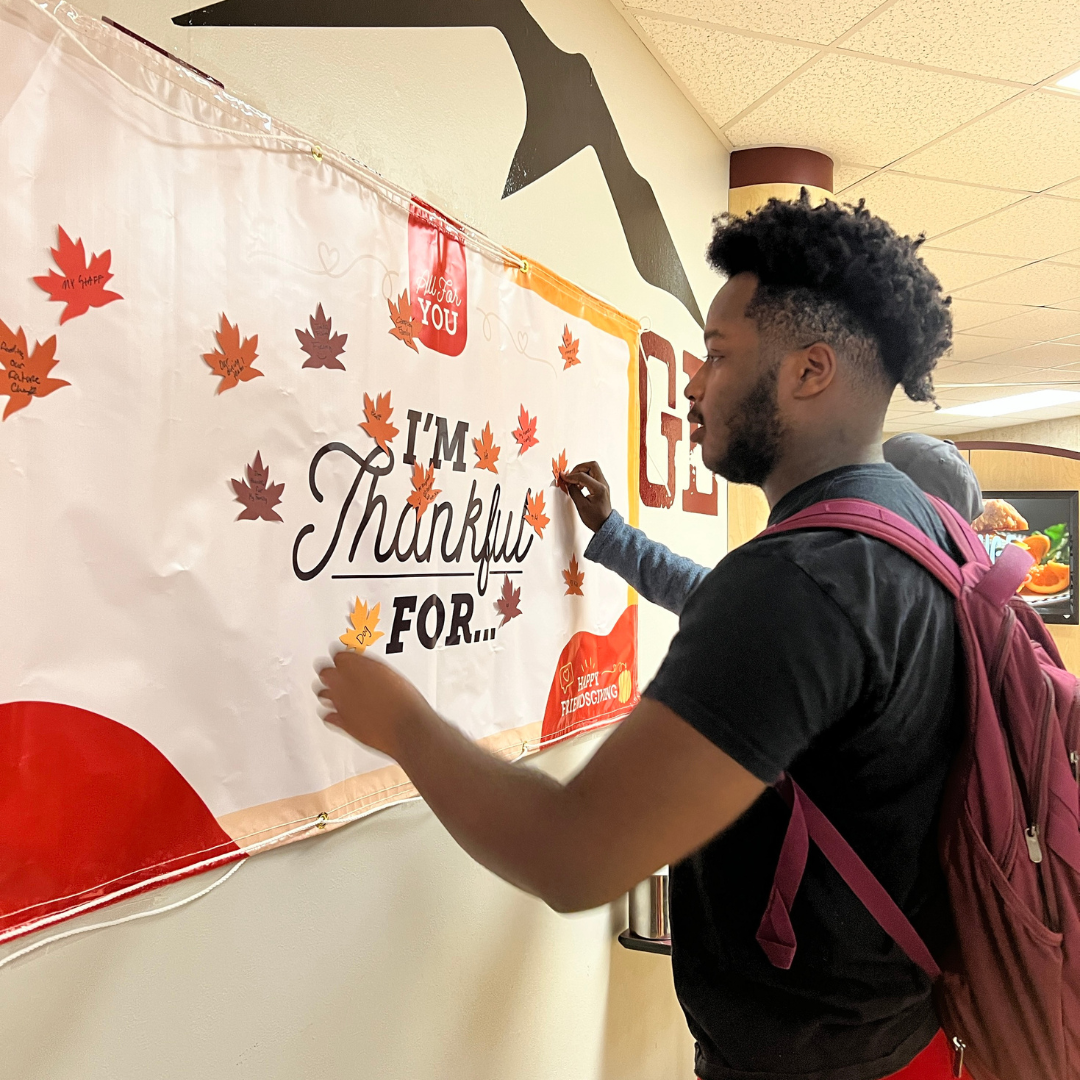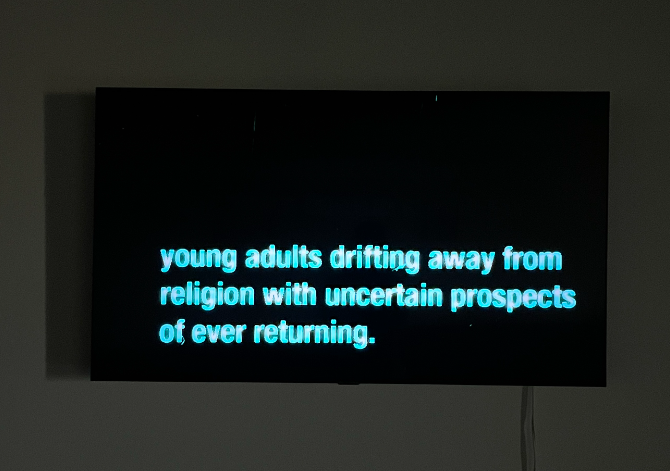The danger of texting while driving is an issue being debated from the local to national level.
“[Texting] is becoming a way of life that is being accepted by every generation that is on the planet right now. From what I’ve seen personally, it encompasses everybody,” Chief of Police Dale Davis said.
Texting while driving can be a hazardous habit that distracts drivers from the road.
“Anytime we do something other than focus all of our attention on our driving abilities, those abilities diminish significantly because of something else we’re doing,” said Davis.Minor and fatal accidents often happen to distracted drivers.
“I had a friend that actually passed away because she was texting and driving,” said junior English Education major Rebecca Sinclair. “She ran off the road and got all the way to the other side of the interstate, and it was a spilt interstate, and got hit head on. Texting and driving is not okay.”
This past summer, Texas Governor Rick Perry vetoed the legislative-approved HB242 bill, which was designed to ban text messaging while driving. Perry vetoed the bill, believing that educating the community on safety precautions acted as a better solution.
Davis believes that when the federal government “jumps on board,” states will have to follow. He believes withdraw from funding might even be an incentive used until state legislation passes the law.
Locally, the Amarillo City Commission recently discussed the matter and unanimously decided to recommend city leaders outlaw texting while driving within city limits.
“I think texting and driving should not be allowed due to the fact that most people don’t pay attention and its more likely car wrecks happen,” sophomore Mass Communication major Faith Hinojosa said.
Texas has two major laws dealing with the concern of cell phones and driving. One ban prohibits teen drivers from using cell phones and text messaging devices. The other ban prohibits the use of handheld cell phones in school crossing zones.
“Well, it will be real interesting to see what the state legislature does,” Davis said. “They’ve targeted teens, but what we got to do is look at it as a whole. I think looking at teens [means] we’re just looking at one area. I think we need to look at it as a broad picture.”













